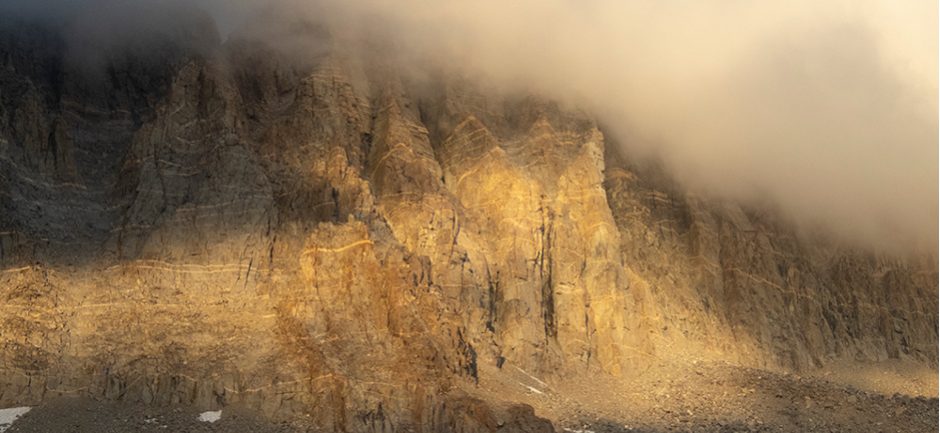Coyote is the Trickster, the border crosser. Some would say the border violator. In slang, a coyote is someone who guides people who prefer to not use the official border crossings into the Promised Land. Religious reformers guide you into a new land, crossing the establishment\’s borders. It is a scary vocation. And much needed.
Categories
- Cancer (16)
- Coffee (21)
- COVID-19 (44)
- Creativity (12)
- Downsizing (7)
- Food Odyssey (5)
- Money (6)
- Music (1)
- Poems (32)
- Publications (28)
- Reviews (16)
- Social Justice (23)
- Spirtual Practice (104)
- Teaching Stories (25)
- Uncategorized (31)
- Writing (46)
Blogroll
Meta
